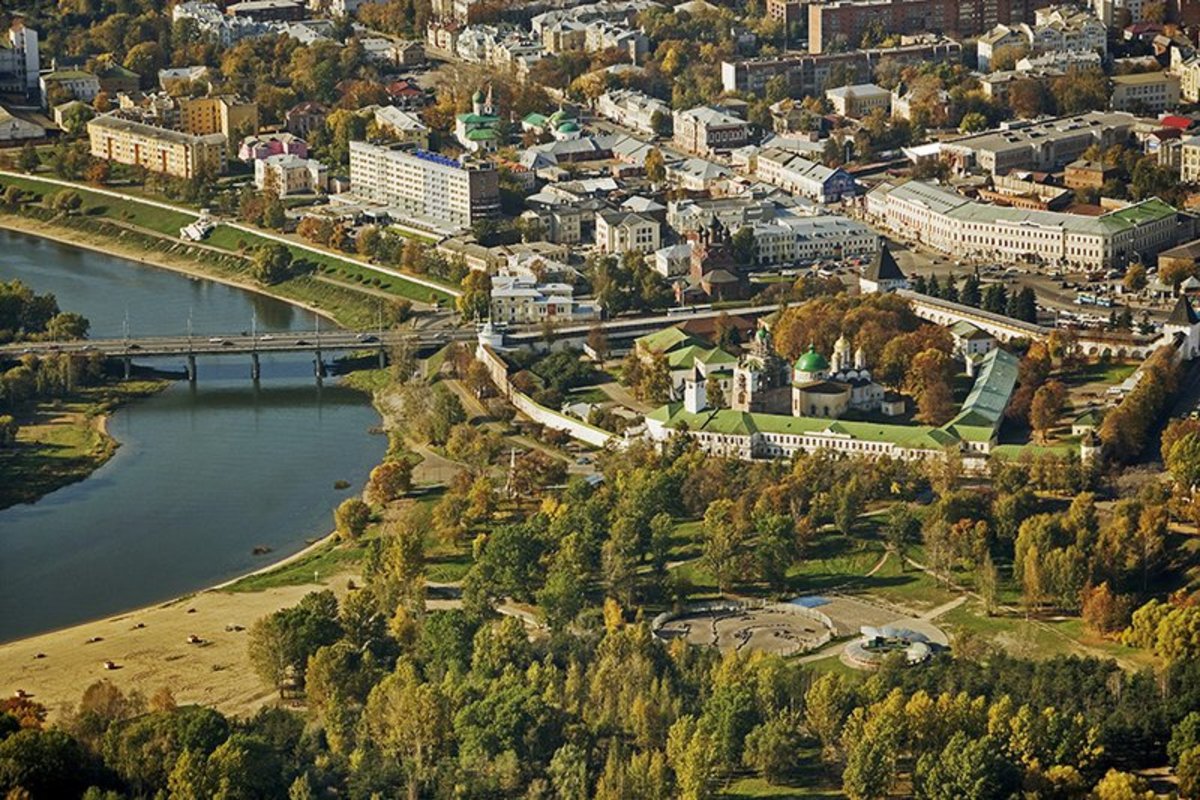
P.G. Demidov Yaroslavl State University held its first Blockchain Conference this month. Experts and representatives of business, industry and government and of university and student communities took part in the conference.
The most important outcome of the conference was the establishment of the Academic BlockChain for Research & Development (ABC4RD), an international association that will develop educational programs, support the creation of startups in the blockchain sphere and involve investors.
According to the ABC4RD Charter, the association’s mandate is to develop and implement educational programs of different levels in different languages; to assist in the development of product using blockchain technologies through fundraising initiatives; to facilitate the sharing of expertise across distances by supporting experts’ international mobility, and by organizing meetings in different countries through live videos, conferences, seminars and competitions; and to create an infrastructure by which industry specialists can better communicate and coordinate with all members of the community, thereby ensuring a more collaborative, inclusive and connected association.
The international association welcomes anyone who shares the values of the association and who strives for the development of their community, their country and the world:
“Uniting around a common goal, we [aim] to expand the community, [based on] the desire for the development of society and its well-being, regardless of language, race and religion.”
Russian Universities Provide Fertile Ground for Blockchain Growth
The involvement of academics in an organization that aims to promote blockchain technology and educate not just the general public but also the future developers and entrepreneurs in the space is key. At a time when blockchain technology is at the heart of crucial developments in areas as diverse as finance, public health, data management and social media, Russian universities are playing a key role in preparing students for life in this new “fourth industrial revolution” reality.
In the context of higher education, it is equally important to define what professional competences a future specialist must possess and what world technologies are going to be in demand in the near future.
In Russia, the development of blockchain and distributed ledger technologies (DLT) is still in its very early stages. However, the involvement of universities in the testing of these promising new technologies could both reveal their strengths and weaknesses and improve the expertise of future specialists in the field.
At the World Economic Forum in Davos, Switzerland, this year, Alexander Rusakov, rector of the P.G. Demidov Yaroslavl State University, participated in discussions about the role of universities in helping to involve developing countries in this fourth industrial revolution.
Rusakov also chaired a discussion of blockchain technology at one of the sessions of the Commission for the Development of Science and Education of the Public Chamber of the Russian Federation.










